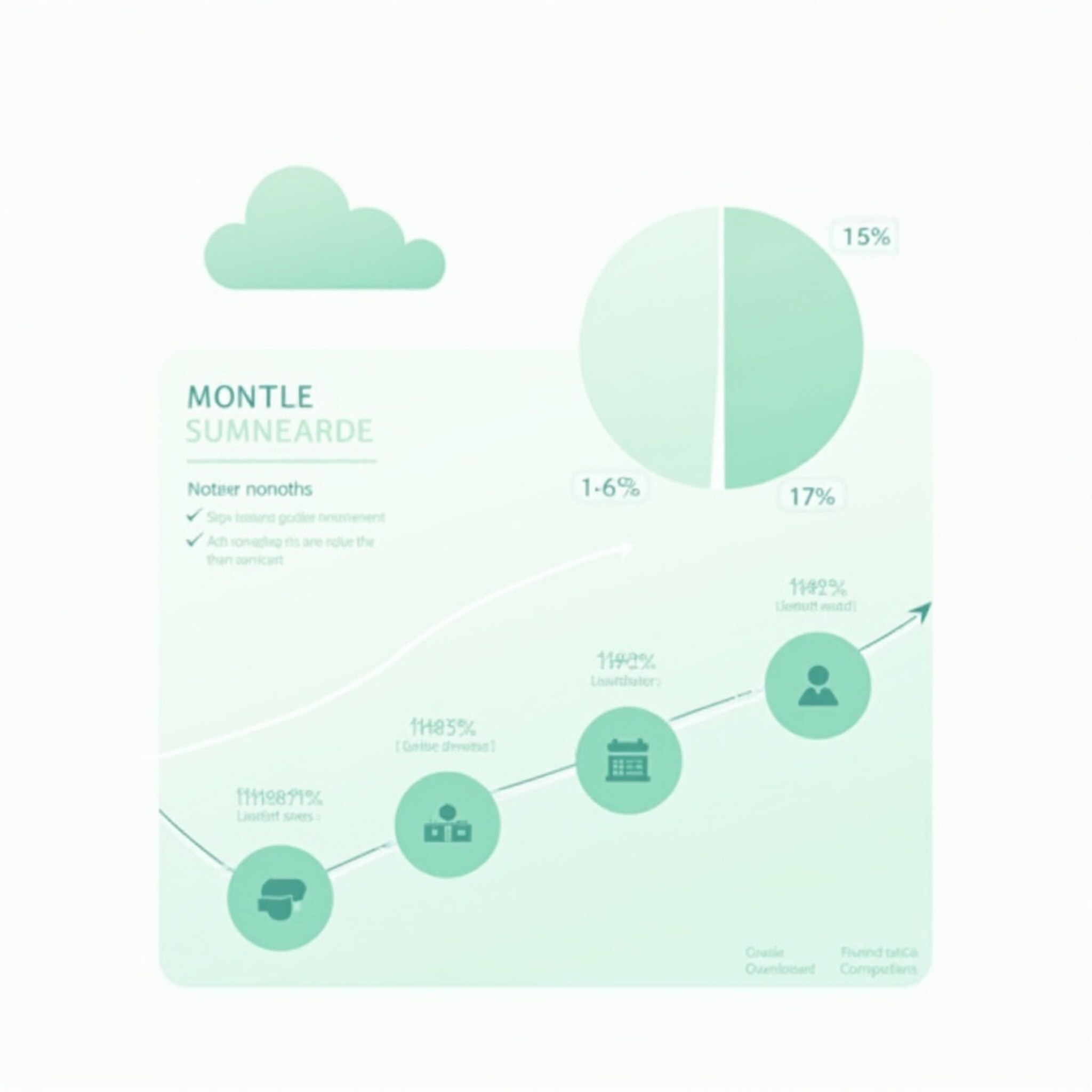Prompt engineering for beginners is the art of crafting effective instructions for AI systems like ChatGPT. With abundant free resources available, anyone can learn this essential skill through structured courses or self-paced guides, regardless of technical background.
The Day I Accidentally Became a Prompt Engineer
So there I was, trying to get ChatGPT to write a poem about my cat’s existential crisis (don’t judge), when I realized I was spending more time refining my questions than actually reading the AI’s answers. Sound familiar?
That’s basically prompt engineering in a nutshell – the digital equivalent of learning how to ask for directions properly instead of ending up at a sketchy gas station in teh middle of nowhere. Except instead of asking humans, you’re communicating with AI.
What started as a frustrating back-and-forth (“No, ChatGPT, my cat isn’t contemplating world domination… probably”) evolved into a fascinating skill that’s becoming increasingly valuable. Let’s break it down…
What is Prompt Engineering for Beginners?
Prompt engineering is simply the art of crafting effective instructions for AI systems. Think of it as learning the right language to communicate with a very literal but incredibly powerful assistant who wants to help but needs precise directions.
At its core, prompt engineering involves:
- Understanding how AI “thinks” and processes language
- Crafting clear, specific instructions that minimize misinterpretations
- Learning techniques to guide AI toward your desired outcomes
- Refining your approach through experimentation and feedback
Prompt engineering for beginners, it’s less about complex coding and more about developing a knack for clear communication. Imagine teaching a brilliant exchange student who takes everything literally – that’s the mindset!
Why Prompt Engineering Matters
You might be wondering, “Why bother learning this stuff? Can’t I just ask the AI questions normally?” Sure, and sometimes that works perfectly! But other times…
Picture this: You ask ChatGPT for a chocolate chip cookie recipe, and it gives you a dissertation on the history of cocoa beans. Not exactly what you were hungry for, right?
Effective prompt engineering:
- Saves time by getting useful results on the first try
- Unlocks AI capabilities you didn’t know existed
- Helps you create consistent, reliable outputs
- Transforms AI from a novelty into a genuine productivity tool
As AI becomes integrated into more tools and workflows, the ability to “speak AI” is becoming as fundamental as knowing how to use a smartphone.
How Prompt Engineering Works (The Non-Scary Version)
Let’s use a real-world metaphor: Prompt engineering is like being a movie director. The AI is your talented but somewhat literal-minded actor who needs good direction.
The Basics: Getting Started
Begin with these fundamental techniques:
- Be specific: “Write a 3-paragraph email declining a job offer professionally” works better than “Help me write an email”
- Provide context: “I’m a vegetarian looking for protein-rich lunch ideas” gives crucial information
- Specify format: “Create a bullet-point list of 5 tips” tells the AI exactly how to structure information
Learn more in
Prompt formatting tips
.
Leveling Up: Intermediate Techniques
Once you’re comfortable with the basics, try these approaches:
- Role prompting: “Act as an experienced science teacher explaining photosynthesis to a 10-year-old”
- Chain prompting: Breaking complex tasks into a series of smaller prompts
- Iterative refinement: “That’s good, but can you make it more conversational and add a joke?”
Common Myths About Prompt Engineering
Let’s bust some myths that might be holding you back:
Myth #1: “You need to be a programmer”
Nope! While technical backgrounds can help with advanced applications, basic prompt engineering is about clear communication, not coding. I’ve seen writers and teachers who are absolute naturals at this.
Myth #2: “There’s one perfect way to write prompts”
There’s no single “correct” approach. Different tasks require different techniques, and personal style matters. Prompt engineering is more art than science sometimes.
Myth #3: “It’s just about adding more details”
More isn’t always better! Sometimes brevity and focus yield better results than throwing in every possible detail. Quality over quantity, folks.
Real-World Examples That Actually Work
Let’s see Prompt engineering for beginners in action with before/after examples:
Example 1: Writing Help
Weak prompt: “Help me write about climate change.”
Strong prompt: “Write an engaging 300-word introduction about climate change impacts on coastal communities. Use 2-3 compelling statistics and a personal story. Target audience is high school students.”
Example 2: Learning a Concept
Weak prompt: “Explain blockchain.”
Strong prompt: “Explain blockchain technology using a simple real-world analogy. Then, describe its 3 most important features and provide an example of how it’s used outside of cryptocurrency. Assume I have no technical background.”
For more practical examples, check out
Prompt engineering examples
.
Next Steps: Your Prompt Engineering Journey
Ready to take your AI whispering skills to the next level? Here’s your roadmap:
- Practice regularly: Set small challenges like getting AI to write in different styles or explain complex topics
- Study examples: Analyze effective prompts and understand why they work
- Join communities: Reddit, Discord, and specialized forums have vibrant prompt engineering communities
- Take a structured course: Free options like edX’s 5-week program can provide solid foundations
- Document your successes: Keep a “prompt journal” of techniques that worked well for you
Remember, the key is consistent experimentation. I spent weeks trying to get ChatGPT to write jokes that didn’t make me cringe (still a work in progress, if I’m being honest), but each attempt taught me something valuable about how to guide the AI’s thinking.
Looking for ready-to-use solutions? Explore our collection of
Prompt templates for ChatGPT
.
A Prompt You Can Use Today
I want you to act as a [ROLE/EXPERT] who specializes in [SPECIFIC FIELD]. I need your help with [SPECIFIC TASK OR PROBLEM]. Please provide me with [SPECIFIC FORMAT: e.g., step-by-step instructions, a bulleted list, etc.]. My background knowledge on this topic is [BEGINNER/INTERMEDIATE/ADVANCED], so please adjust your explanation accordingly. For context, I'm trying to [YOUR GOAL].






